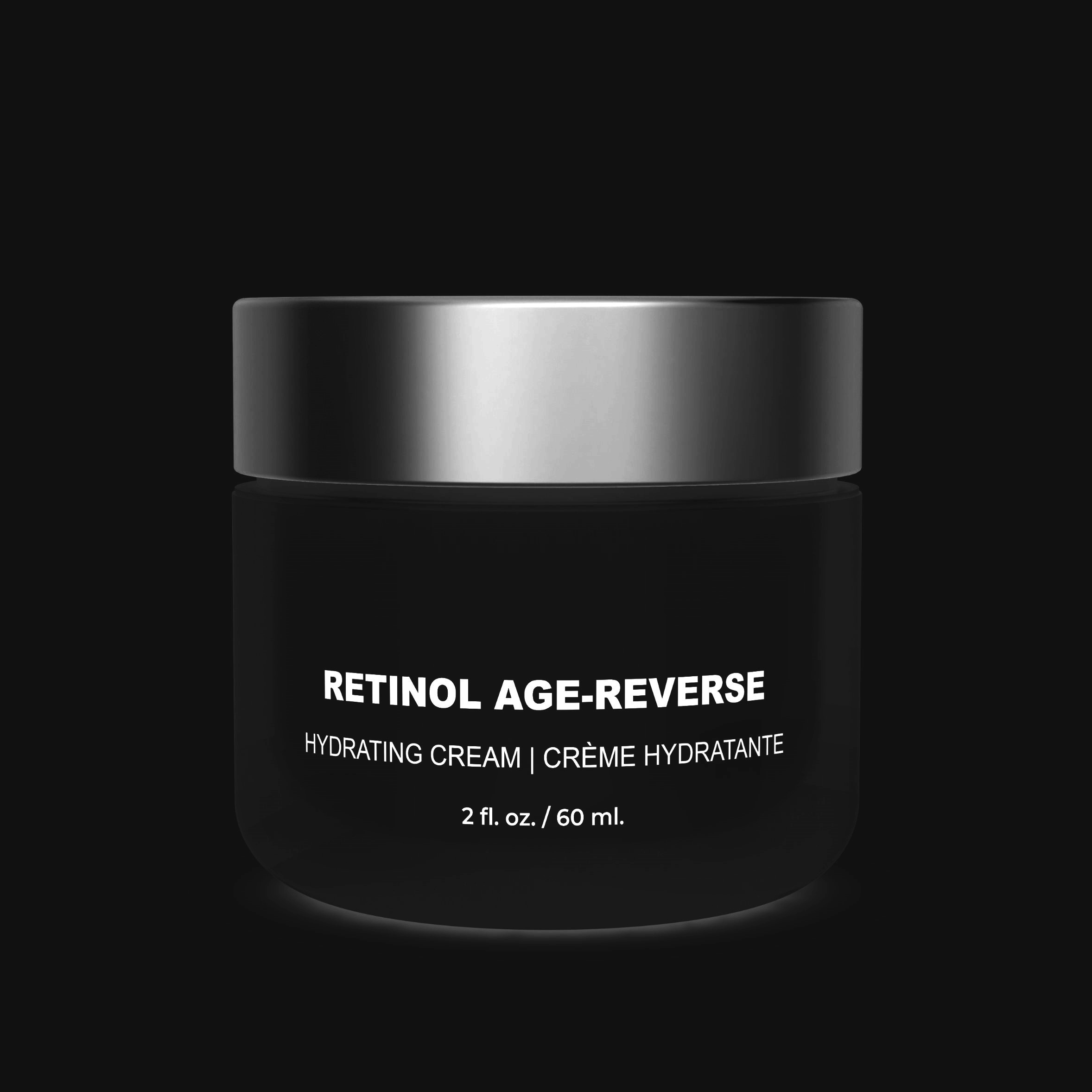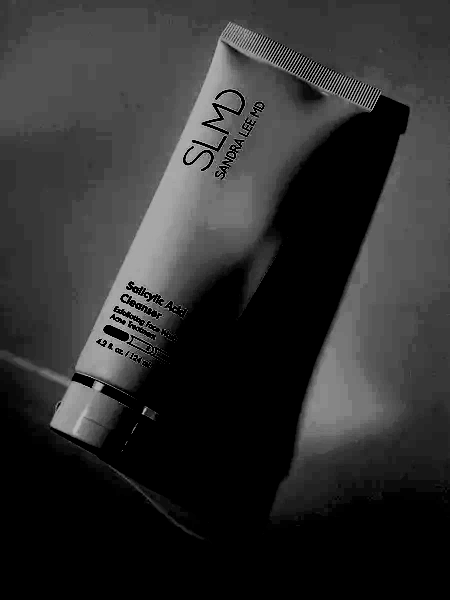Vitamin C vs Hyaluronic Acid
Vitamin C and Hyaluronic Acid (HA) can both reduce the signs of aging in the skin. When combined, the anti-aging benefits of Vit C and HA are enhanced, resulting in more hydration and fewer signs of aging.
Vitamin C stimulates collagen production which fills in fine lines and wrinkles, while hyaluronic acid retains moisture and restores hydration to the skin barrier.
Each substance inhibits skin dryness and enhances skin elasticity. However Hyaluronic Acid is a better hydrator and Vitamin C is a better antioxidant and anti-inflammatory.
Differences between serum vitamin C and hyaluronic acid
The effects of hyaluronic acid and vitamin C serum on the epidermis are comparable but distinct. Vitamin C specifically protects the skin from sun damage and fades acne-related discoloration, whereas hyaluronic acid leaves the skin appearing plump and hydrated. Hyaluronic acid is already present in the epidermis as a humectant that attracts moisture. Vitamin C is not as prevalent in the body unless it is ingested via a variety of whole foods or supplements.
Vitamin C vs Hyaluronic Acid :
Vitamin C specifically protects the skin from sun damage and fades acne-related discoloration, whereas hyaluronic acid restores moisture to plump and hydrate the skin.
Vitamin C Benefits :
Vitamin C is a powerful antioxidant that can boost the body’s natural defenses to imrpove immune health, protect cells damage, reduce oxidative stress and combat inflammation.
- promotes collagen production
- protects the skin against sun damage
- protects cells from free radicals
- is suitable for most skin types
- provides hydration
- brightens skin
- reduces redness;
- reduces hyperpigmentation;
- reduces the appearance of fine lines and wrinkles
- promotes collagen production
- prevents sagging skin
- protects against sun damage
Hyaluronic Acid Benefits :
Hyaluronic acid gives the skin a lush appearance by stimulating the production of elastin in the skin and promoting water retention in the skin cells, thereby preventing lines and wrinkles and making the skin appear radiant.
- hydrates dry, aged skin
- helps reduce wrinkles
- sores, sunburn and wound repair
- lubricates achy joints
- helps reduce dry eyes and eye discomfort
- protects against inflammatory bowel disease
Vitamin C vs Hyaluronic Acid Research
Vitamin C Research
Vitamin C can help remove pigmentation and smooth the skin’s surface to minimize dullness. This imparts a vibrant glow to the skin.
A look back at 2017 study showed that Vitamin C has been proven to inhibit melanin synthesis to reduce pigmentation (Melanin is the pigment that gives skin its color). Vitamin C can help erase dark spots and hyperpigmentation as it decreases melanin formation. As a consequence Vitamin C can assist to lighten the appearance of skin tone (1.).
According to a 2015 reviewTrusted Source, vitamin C has also been demonstrated to serve as an anti-inflammatory agent due to its antioxidant potential. This means that it soothes your skin and may help to minimize puffiness.
The anti-inflammatory properties of vitamin C may be beneficial:
- neutralize free radicals responsible for oxidative damage
- improves immune function
- prevents inflammatory and immunological reactions
- reduces redness, resulting in a more even complexion
The combination of reducing dark spots, redness, and inflammation results in a lightened and more vibrant skin tone.
Vitamin C is well known for increasing collagen production by stimulating collagen synthesis and stimulating the enzymes responsible for collagen production :
- Lysyl hydroxylase, which provides structural strength
- prolyl hydroxylase, which stabilizes the collagen molecule
Production of collagen is linked to skin elasticity and firmness. When collagen levels begin to decline, sagging skin may develop.
A 2017 study indicates that applying a vitamin C serum may increase collagen production, resulting in an overall tightening effect of the skin, resulting in less fine lines and wrinkles.
This means that Vitamin C skincare products can help reduce the appearance of sagging skin, resulting in firmer and more toned skin (5.).
Hyaluronic Acid (HA) Research
Hyaluronic acid molecules can hold 1,000 times its molecular weight in water [3.] Which means that HA is a great hydrator to restore moisture retention in the skin as HA in the skin binds to water to restore water in skin cells, renewing moisture into all layers of the skin.
Hyaluronic Acid is essential for the skin’s hydration and suppleness. Unfortunately, as humans age, the concentration and molecular weight of HA decrease significantly [2.] As a result, hyaluronic acid has received extensive research and development as a potent active ingredient in serums, moisturizers, and other cosmetic products, to help restore lost HA in the skin and body.
Hyaluronic acid reduces the visibility of fine lines and wrinkles by keeping moisture in the skin and providing a plumping effect in skin cells that fill in fine lines and wrinkles. Also HA promotes skin cell renewal by providing more hydration and barrier protection to the skin. Resulting in healthier skin cells and a more radiant and vibrant complexion.
The skin is better equipped to fight itself against environmental age-factors and contaminants when the lipid barrier is strengthened and preserved by hyaluronic acid. When the skin isn’t fighting pollutants, it stays less wrinkled, brighter, and bouncy for longer.


